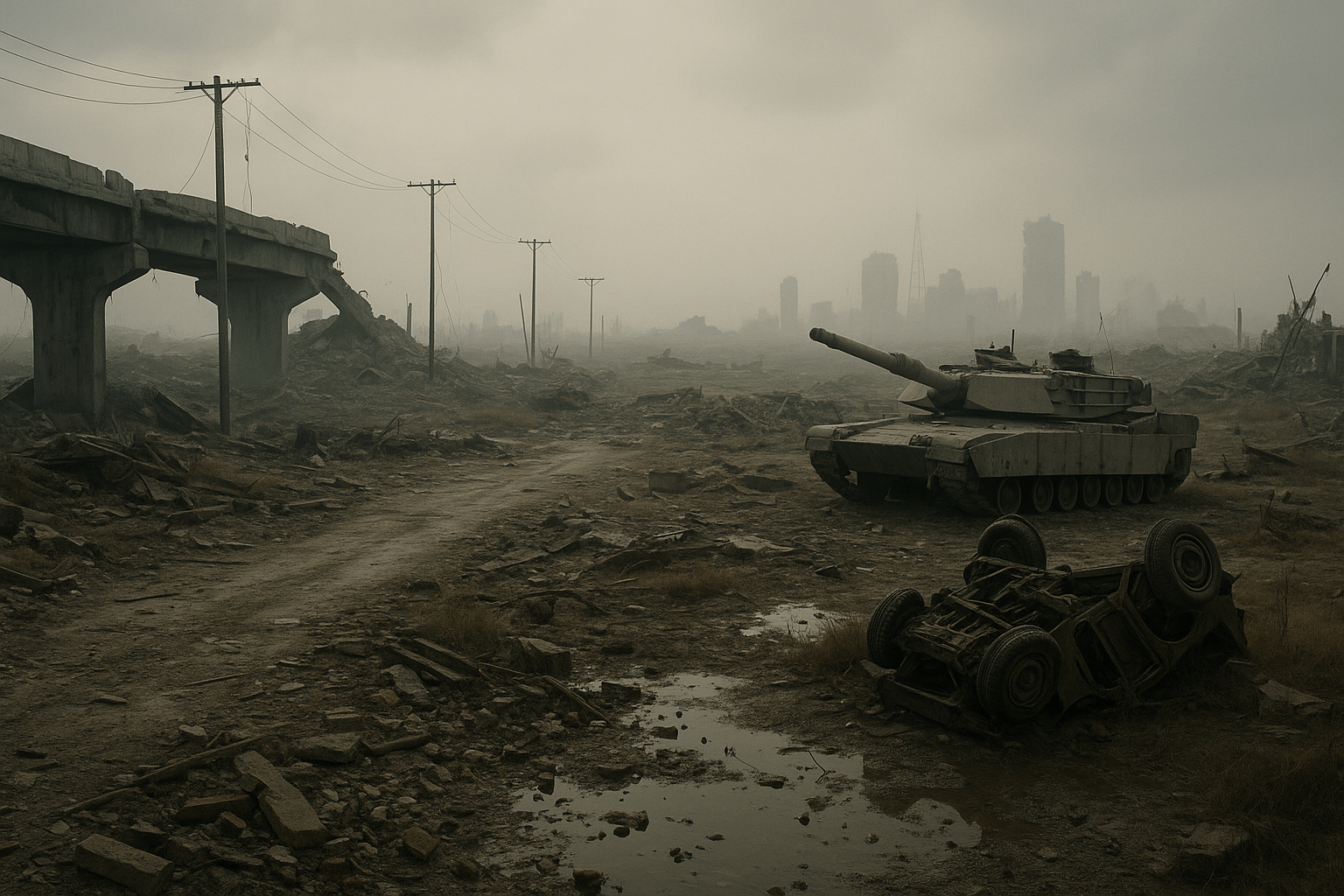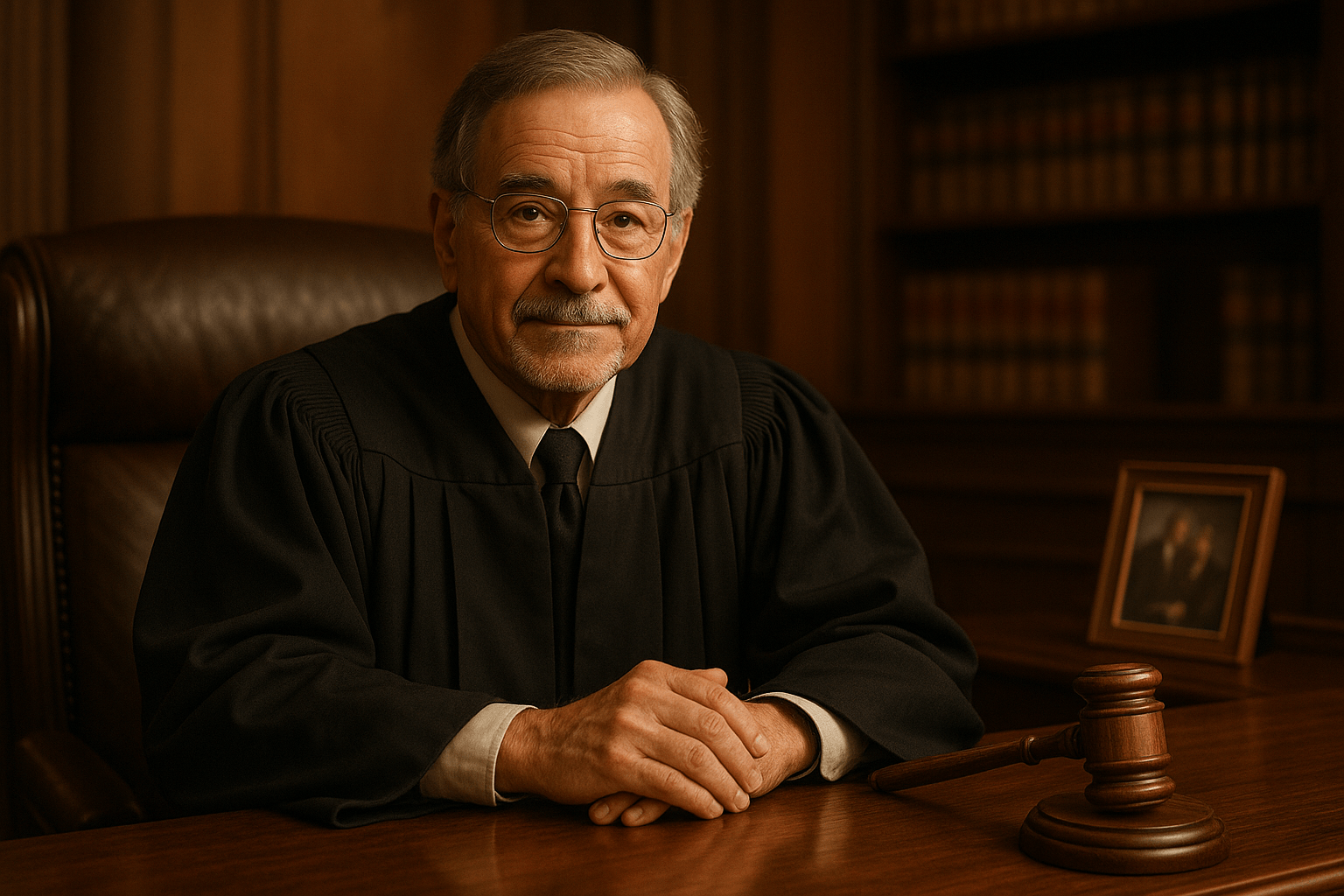The Role of International Law in Times of War: Insights Amidst Ukraine and Middle East Conflicts
As the world watches ongoing conflicts unfold in Ukraine and the Middle East, questions arise about the role of international law in times of war. Recent discussions, such as NPR’s Leila Fadel’s conversation with Matthias Goldman, an expert in public international law, have spotlighted the challenge of holding parties accountable and the difficult path towards justice.
Understanding International Law: The Foundation
International law forms a body of rules that govern relations between states, organizations, and, in certain cases, individuals. Its core purposes include limiting the conduct of war (international humanitarian law), protecting civilians, and establishing mechanisms for pursuing justice.
The United Nations, formed after the devastation of World War II, laid down many of the frameworks, such as the UN Charter, the International Court of Justice (ICJ), and the principle of war crimes prosecution, including through the International Criminal Court (ICC).
Challenges of Enforcing International Law During Conflict
As explained by Matthias Goldman, enforcing international law in real time, especially when the violence is ongoing, is incredibly difficult. While the law stipulates how wars should be fought (or, more accurately, how they should not be), bringing violators to justice often requires years—if not decades—after the fighting stops.
For example, the Geneva Conventions make clear that civilians should not be targeted, nor should hospitals and aid workers. Yet, current news reports from both Ukraine and Gaza suggest these rules are continually violated. The mechanisms to address such breaches exist, but practical enforcement is slow and fraught with political obstacles.
Case Studies: Ukraine and the Middle East
Ukraine
Since Russia’s full-scale invasion in 2022, accusations of war crimes—from targeting civilian infrastructure to forced deportations—have been steady. The ICC swiftly opened an investigation and, notably, issued an arrest warrant for President Vladimir Putin in 2023 for the alleged unlawful deportation of children.
Despite such high-level moves, the implementation relies on cooperation from countries who recognize the ICC and are willing (or obliged) to act on its warrants. In practice, powerful states, or those with strategic allies, can evade justice for years, as seen in many previous high-profile cases.
The Middle East
The recent Israel-Gaza conflict presents similar dilemmas. Both sides have been accused of violating international humanitarian law. Once again, international courts and investigations are under way, but immediate relief for victims remains elusive.
Humanitarian agencies and legal experts continuously call for adherence to the rules of war, but the political complexity of the region often stalls meaningful accountability.
The Problem of Selectivity and Enforcement
One of international law’s greatest challenges is its reliance on states to enforce it. The system is criticized for double standards: powerful countries, or their favored allies, sometimes appear to escape justice, while weaker states face prosecution.
For instance, the U.S. and Russia are not parties to the International Criminal Court, limiting the ICC’s reach. Similarly, UN Security Council veto power can block investigations or sanctions even when evidence of grave violations emerges. If you’d like to understand more about these challenges, read this overview of the UN Security Council.
Why International Law Still Matters
Despite its limitations, international law remains vital. It provides standards to which states are held and codifies accountability that endures beyond the immediate conflict. War crimes prosecutions, as demonstrated by the International Criminal Tribunal for the former Yugoslavia, have brought justice to victims years after the crimes were committed.
These mechanisms also serve a deterrent function: even if enforcement is imperfect, leaders are aware that their actions could be scrutinized before an international court, potentially influencing their conduct in real time.
The Path Forward: Hope Beyond Conflict
As Matthias Goldman notes, international law is not powerless. Grassroots documentation of abuses, advocacy from civil society, and the perseverance of victims and survivors mean that the wheels of justice, slow as they are, continue turning.
Individuals can learn more about ongoing efforts and how documentation works through organizations like Human Rights Watch and the Amnesty International. These groups provide up-to-date reports and analysis, and often coordinate evidence-gathering for legal proceedings.
Conclusion
The wars in Ukraine and the Middle East remind us that international law is perpetually tested by real-world events. While enforcement is imperfect and often slow, the framework establishes critical norms, lays groundwork for eventual accountability, and offers hope for justice—no matter how long it takes.
For deeper exploration, see NPR’s coverage: What’s the role of international law in times of war?
Understanding international law’s role helps us see a future in which wars are not just won or lost by armies, but judged by the principles that aim to keep humanity intact amidst chaos.



